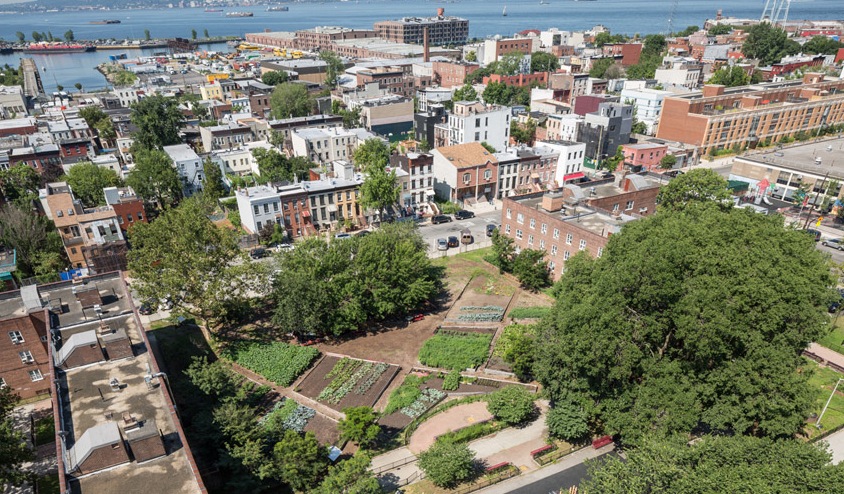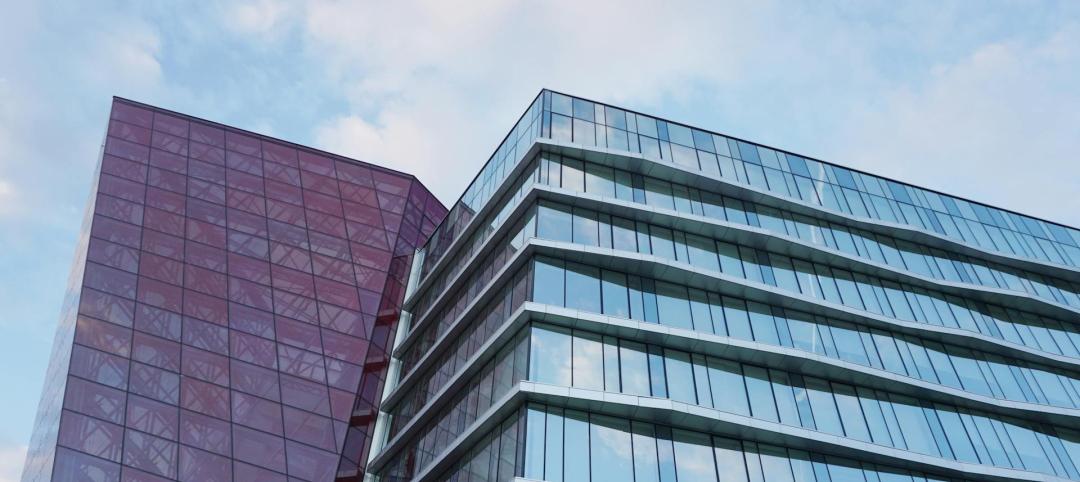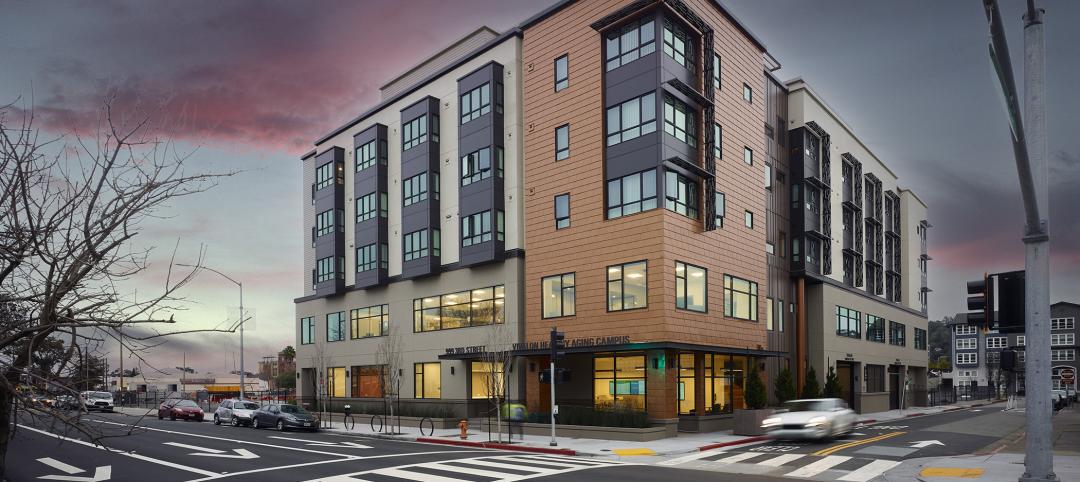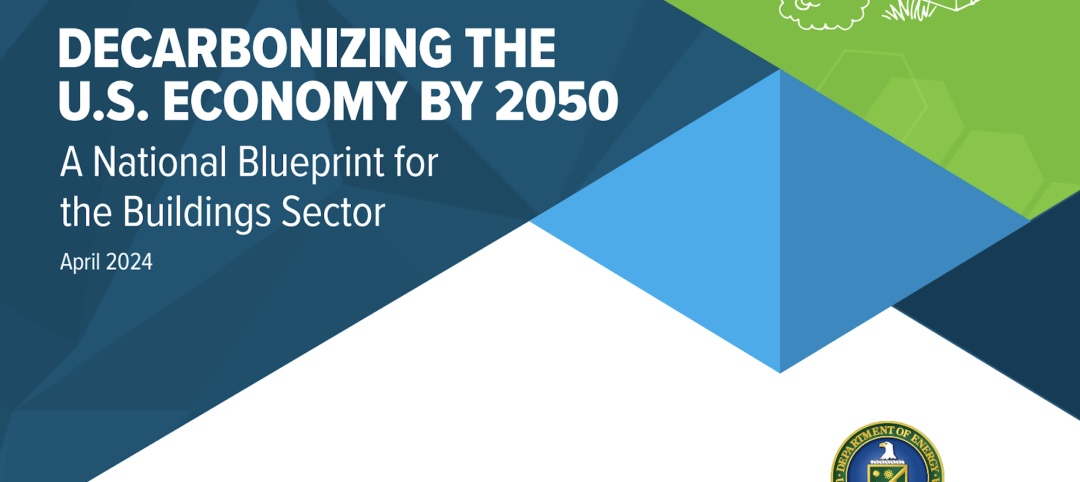This month, New York City is conducting a month-long design festival called Archtober. Part of this event will be a tour open to the public on October 8 of a one-acre urban farm in the Red Hook section of Brooklyn. It is one of the first models in the country of a working farm on public housing property.
Added Value, a local nonprofit with a three-acre farm a few blocks away, initiated this project, called The Red Hook West Urban Farm, which it is maintaining and operating with Green City Force’s Clean Energy Corp. The New York City Housing Authority (NYCHA) launched this project in June 2013, and the farm was installed by participants in the Center for Economic Opportunity’s Work Progress Program, a component of the Young Men’s Initiative.
The Red Hook West Urban Farm’s primary missions are the growth and distribution of healthy foods, the education of local residents about healthy diets, and a green jobs training program for NYCHA youth who are out of school and unemployed. Green City Force and Added Value manage a work readiness program to provide hands-on job skills training in the field of urban agriculture, as well as educational support and life-skills development.
Gita Nandan, RA, LEED AP, Principal and architect; and landscape architect Elliott Maltby, both of the firm thread collective, designed the Red Hook West Urban Farm, and will conduct the tour. The farm is described as “a built representation” of thread collective’s Lowlands concept for urban agriculture, green infrastructure, and resiliency.
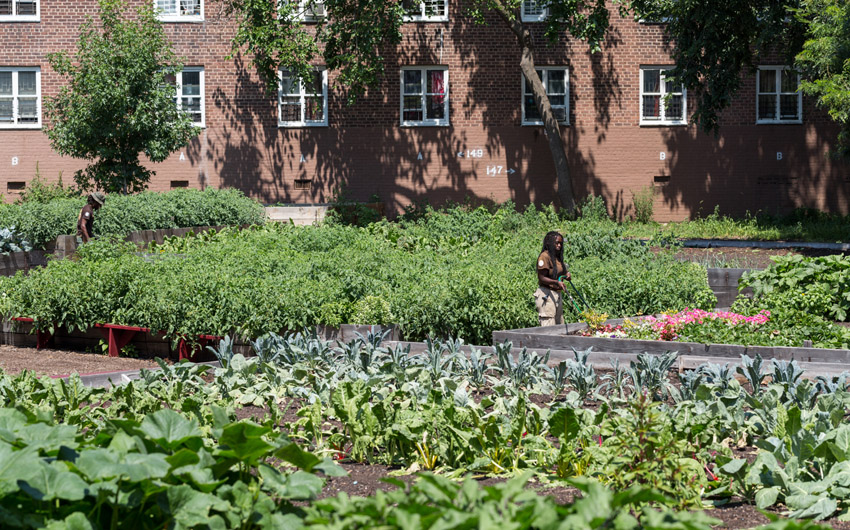
As part of its Urban Agriculture Initiative, NYCHA—the largest such agency in North America, with 328 public housing developments—intends to replicate this farm on at least five other sites, the locations of which have yet to be disclosed.
NYCHA’s Garden and Greening Program manages one the largest and longest-running public gardening programs in the U.S., and has supported residents in developing more than 650 community-based garden plots.
In 2011, NYCHA partnered with Added Value and Green City Force in to launch a model NYCHA farm with the goal of increasing opportunities for affordable housing neighborhoods to gain access to fresh produce, horticultural training opportunities, and building community capacity.
The Red Hook farm received funding from the Center for Economic Opportunity and in-kind donations from the New York Department of Sanitation and Department of Parks and recreation.
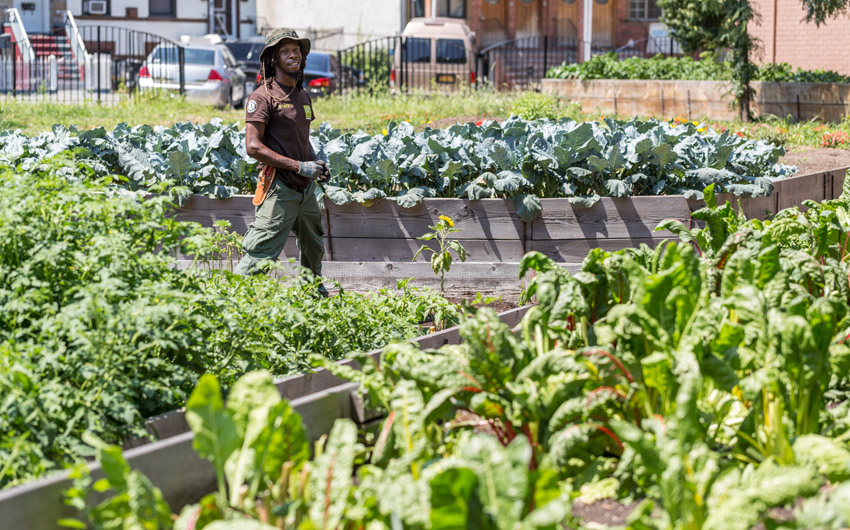
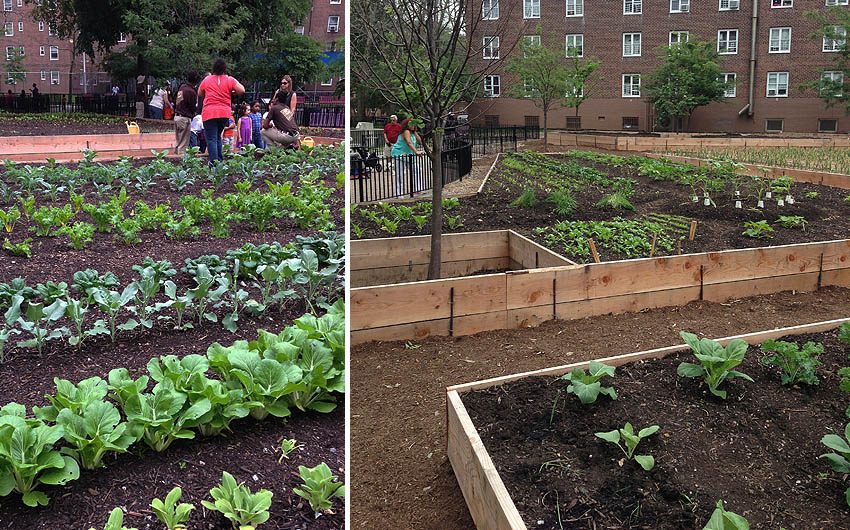
Related Stories
HVAC | May 28, 2024
Department of Energy unveils resources for deploying heat pumps in commercial buildings
To accelerate adoption of heat pump technology in commercial buildings, the U.S. Department of Energy is offering resources and guidance for stakeholders. DOE aims to help commercial building owners and operators reduce greenhouse gas emissions and operating costs by increasing the adoption of existing and emerging heat pump technologies.
Resiliency | May 24, 2024
As temperatures underground rise, so do risks to commercial buildings
Heat created by underground structures is increasing the risk of damage to buildings, recent studies have found. Basements, train tunnels, sewers, and other underground systems are making the ground around them warmer, which causes soil, sand, clay and silt to shift, settle, contract, and expand.
Senior Living Design | May 16, 2024
Healthy senior living campus ‘redefines the experience of aging’
MBH Architects, in collaboration with Eden Housing and Van Meter Williams Pollack LLP, announces the completion of Vivalon’s Healthy Aging Campus, a forward-looking project designed to redefine the experience of aging in Marin County.
Sustainability | May 10, 2024
Perkins&Will’s first ESG report discloses operational performance data across key metrics
Perkins&Will recently released its first ESG report that discloses the firm’s operational performance data across key metrics and assesses its strengths and opportunities.
Sustainable Development | May 10, 2024
Nature as the city: Why it’s time for a new framework to guide development
NBBJ leaders Jonathan Ward and Margaret Montgomery explore five inspirational ideas they are actively integrating into projects to ensure more healthy, natural cities.
K-12 Schools | May 7, 2024
World's first K-12 school to achieve both LEED for Schools Platinum and WELL Platinum
A new K-12 school in Washington, D.C., is the first school in the world to achieve both LEED for Schools Platinum and WELL Platinum, according to its architect, Perkins Eastman. The John Lewis Elementary School is also the first school in the District of Columbia designed to achieve net-zero energy (NZE).
K-12 Schools | Apr 30, 2024
Fully electric Oregon elementary school aims for resilience with microgrid design
The River Grove Elementary School in Oregon was designed for net-zero carbon and resiliency to seismic events, storms, and wildfire. The roughly 82,000-sf school in a Portland suburb will feature a microgrid—a small-scale power grid that operates independently from the area’s electric grid.
75 Top Building Products | Apr 22, 2024
Enter today! BD+C's 75 Top Building Products for 2024
BD+C editors are now accepting submissions for the annual 75 Top Building Products awards. The winners will be featured in the November/December 2024 issue of Building Design+Construction.
Codes and Standards | Apr 12, 2024
ICC eliminates building electrification provisions from 2024 update
The International Code Council stripped out provisions from the 2024 update to the International Energy Conservation Code (IECC) that would have included beefed up circuitry for hooking up electric appliances and car chargers.
Codes and Standards | Apr 8, 2024
First federal blueprint to decarbonize U.S. buildings sector released
The Biden Administration recently released “Decarbonizing the U.S. Economy by 2050: A National Blueprint for the Buildings Sector,” a comprehensive plan to reduce greenhouse-gas (GHG) emissions from buildings by 65% by 2035 and 90% by 2050.


